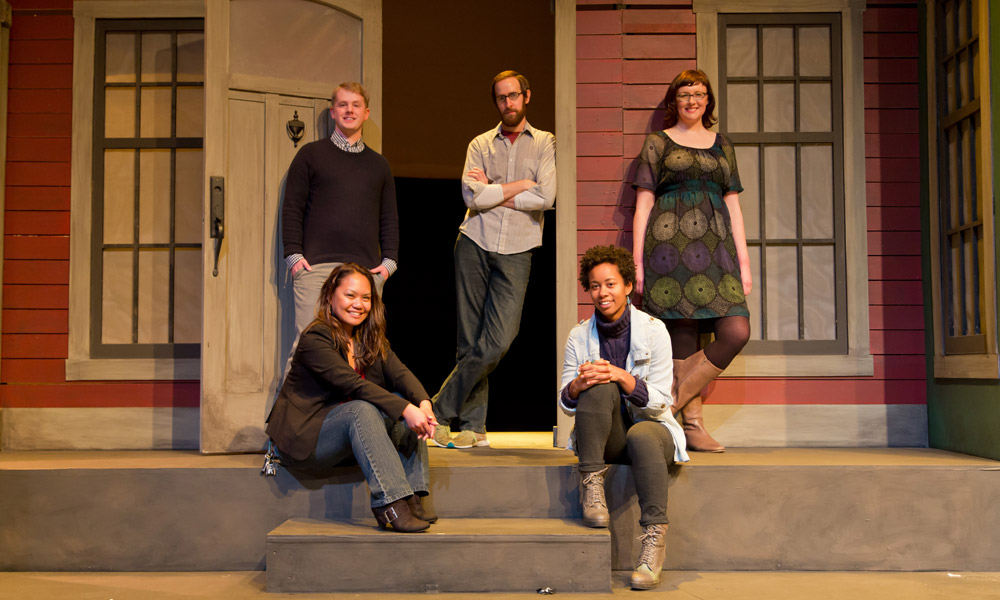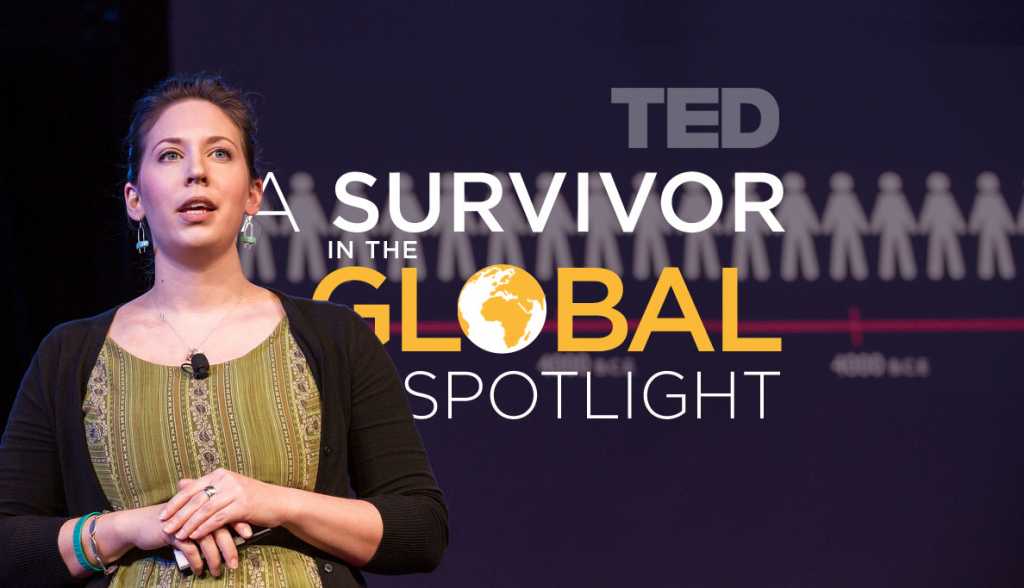Page 78 • (881 results in 0.039 seconds)
-

demands of life in college. In this second episode, Hannah studies away in Uganda, Cara focuses on healthy relationships and professional development, and Tyler gets involved with clubs all over campus. EPISODE THREE: JUNIOR YEAR By their junior year, many students are leveraging the support systems they’ve built throughout campus to level up into advanced coursework, take on leadership roles in student organizations, and complete a first or second off-campus internship. In episode three, Nathan gets
-
) remembers so fondly from the 75th reunion performance. “It is one thing being an undergraduate in the choir and learning of the traditions of Christmas concerts, tours and the excellence,” Boers said. “But it was a profound moment to be a part of those hundreds of voices, representing countless hours of rehearsal in Eastvold, Xavier Hall, or Lagerquist, countless miles traveled on long-ago tours, and the abundant stories and lifelong relationships cemented in song.” The 75th reunion was such a success
-
couple process. (4) MFTH 511 : Systemic and Mental Health Assessment, Diagnosis, and Treatment This course is designed to provide both a traditional and relational (systemic) understanding of the major behavior health disorders described in the DSM-5, including information on epidemiology, etiology, treatment models, and techniques for these disorders. Students will gain an understanding of the process of traditional assessment using the DSM-5, as well as other forms of assessment and diagnosis of
-

group, Muh Grog Zoo, performed. From PLU to the Broadway Center to TEDxTacoma, it’s all come together for Utley like, well, a carefully crafted script—complete with a couple of fateful plot turns. At PLU, Utley studied Theater and spent a good deal of time with the Music program. “My education in the undergrad program and the things that I was involved with … made me realize that music and theater and the arts aren’t just a hobby; they aren’t just something you do for fun to entertain people,” said
-

in the face of such an incredible ordeal demonstrated an exceptionally strong will to succeed and overcome whatever challenge was set before her.” Hunt has been in remission nearly five years. For the first couple, Hunt said, she wasn’t comfortable talking about her illness, but now, as part of Survivors Teaching Students, she teaches medical professionals in Oregon and Washington—including nursing students at PLU—how to recognize the symptoms of ovarian cancer. (Photo: Denis Whitfill) Hunt works
-
me do good in the world. I bring them all together to align them. How do you see yourself applying information from these seminars into your daily life? I like to discuss the readings with my partner to understand how we can achieve clarity on how we want to orient ourselves as a couple. What is your biggest takeaway so far? I gain a more nuanced understanding of what vocation is, where it comes from, and why it matters so much. Vocational discernment is a lifelong process which has taken off
-
about the science of it all, Benson’s nerdy side comes out. But he likes to keep all that stuff behind the scenes. “It’s just wine,” he said. “When it’s sunny like this, I don’t want to think too hard about it.” Benson and his wife stress the importance of giving back to others, and the couple is committed to fostering community. Charity events centered on education are especially important to them, as is a local group called Chelan to Africa. Started by a local doctor, the organization raises money
-
Cultural Criticism” course. “I am excited to get to work with the students and faculty at PLU, develop some great relationships, and help get some innovative ideas off the ground,” Hoyt said. Hoyt’s goal in the first year of the program is to introduce students to the study of visual communication and teach a variety of digital skills and software. Hoyt also hopes to use the study of image and argument as a piece in PLU’s mission to greater social justice and awareness. “I know that PLU is very much
-
effects of vessel traffic on whale behavior in Hawaii, faculty members and students featured in this edition dive deeper into the complex topics and issues that extend beyond the borders of PLU’s campus. Students who participate in research with faculty members develop meaningful relationships with mentors. They are prepared to enter graduate school, begin careers with impressive work experience on their résumés and serve the world with a rich background of demonstrated thoughtful inquiry. These
-
perspectives to examine issues such as socialization and stereotypes, relationships and sexuality, interpersonal and institutional violence, revolution and social change in the U.S. and in other selected international contexts.IHON 257: Aesthetics and Politics of the British ‘Postcolonial’ NovelThe British Empire changed its subject peoples, but those peoples ended up also changing Britain and the British themselves. However, the complexity of these changes is not always visible through analytic
Do you have any feedback for us? If so, feel free to use our Feedback Form.


